I never planned to be here, alone in caring for my Mum with Alzheimer’s. Maybe you didn’t either. But here we are, the ones who stepped up when others stepped back.
Many people find themselves solo caregiving for a parent with Alzheimer’s or other forms of dementia. If you’re in this situation, you might feel okay with that choice, but it’s also natural to feel isolated, exhausted, or even resentful.
Being the primary caregiver means you’re juggling a mountain of responsibilities, often with little to no support.
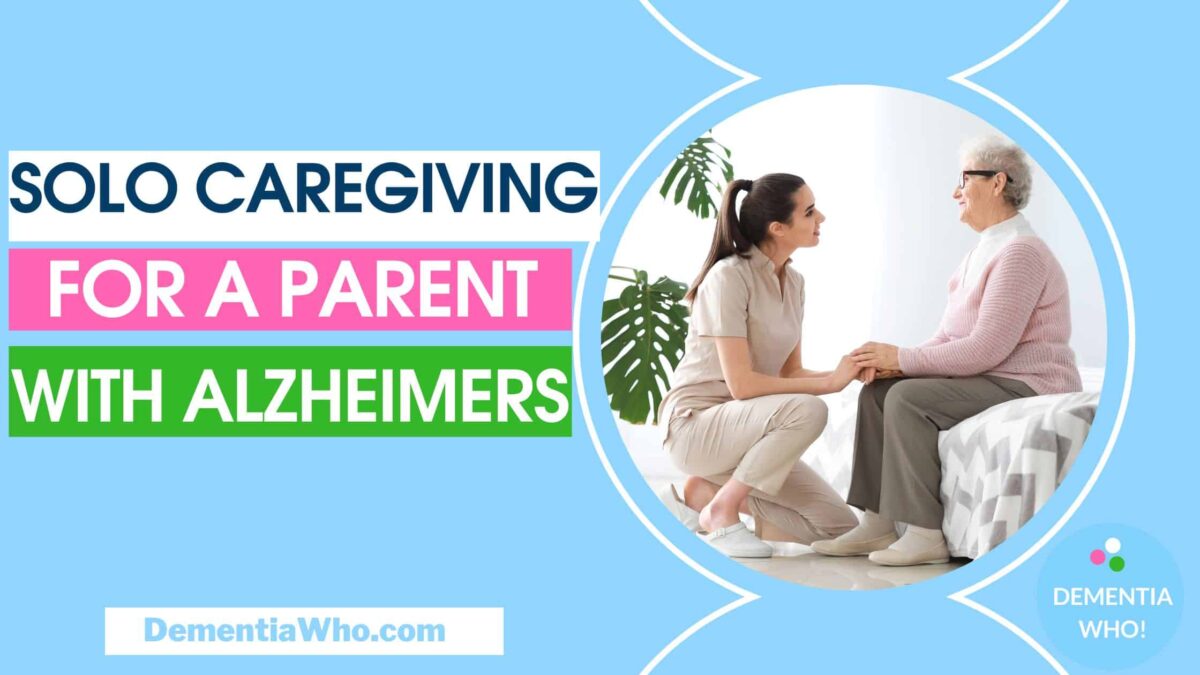
The Emotional Weight of Solo Caregiving
Caring for a parent alone can take an emotional toll. You go through a lot of different emotions even in a single day. Or you’re managing okay one day and the next, you’re a mess of emotions – exhausted, isolated, even resentful.
What makes it more challenging is when your siblings have opinions about what should be done but aren’t involved in the day to day care. It’s frustrating when people tell you what’s best without living the experience.
Often, it feels like you’re being taken for granted, especially if you’re the closest in proximity. There’s also this unspoken expectation, especially if you’re a woman or part of certain cultures, that caregiving is your domain.
It’s bullshit, but it’s there, adding another layer of pressure.
The other sacrifices – your own dreams, your own career all might have to wait. Your health? Let’s not even go there. The stress, anxiety, and sometimes depression creeps in especially if sleep becomes elusive. It can be a heavy price to pay, but you do so out of love, however invisible that is to others.
Becoming the Solo Caregiver
Looking back, I realise the error I made, hindsight! When Mum needed help, I just jumped in. Big mistake – not the caregiving itself, but not having a family discussion beforehand to agree on responsibilities, boundaries, and a structure for caregiving. If we’d had that conversation, I think it could have reduced the resentment, conflict, and stress that have since arisen.
I also wish we had talked with Mum about her wishes before things got too difficult, but the tone was set early on when my siblings even resisted me getting her diagnosed.
If I could do it over, I’d sit everyone down and hammer out the details.
I took charge from the beginning. Our only family conversation was about finances, since I had to quit my job, but the day-to-day realities? The emotional toll? Never came up.
At that time, Mum was still physically active, with memory issues. I had no idea how the dementia would progress, or the other health conditions that could develop.
I was clueless about dementia and how deeply caregiving would impact me emotionally and physically.
Building Resentment: When Siblings Don’t Help
Coming from a large family, you’d think caregiving could be shared more easily, but it doesn’t work that way. Some of my siblings are completely absent— using distance or busy lives as excuses. Others promised support initially but pulled away once they experienced the reality of caregiving.
I’ve learned that you can’t force anyone to help. It’s much easier to walk away when you’re not the one living with the person who needs care.
My expectations of certain siblings are low now. I know they’ll run at the first chance, even if they make gestures of support. They’ll show up at the beginning, make a big show of offering help – all to save face in the community. But when it comes down to it, they do the bare minimum, just enough to claim they’re “involved” in Mum’s care.
They want others to think they’re helping.
It’s frustrating, but I’ve come to expect it. You learn that you have one or two siblings that you can rely on & who are always there for you. Family dynamics are so important.
The Illusion of Freedom
There are times when I feel completely trapped in my situation. When you’re not the primary caregiver, it’s easy to take your freedom for granted. I’m luckier than some solo caregivers because I do get help, but it took ages to get there.
You learn quickly that you have zero power.
It all depends on family goodwill, which can evaporate in an instant. They can bail when tensions rise, reduce their time without warning, or take months-long “breaks” from caring. I once had Mum driven to a different city for a sibling to care for her, only to find out they’d “forgotten” to tell us they couldn’t do it that day.
You can’t make this up!
When Family Fights Get Ugly
The most painful memories are the conflicts that have erupted over how to care for Mum. One argument in particular stands out—everyone was shouting, and it was all happening in front of her.
I’m ashamed when I think about it now.
It must have been so confusing for her, seeing us fight over her care. In the end, everyone walked away.
Because they could. I couldn’t.
Trust: Once Lost, Hard to Regain
Sometimes, you set your expectations too high. A trusted sibling lets you down, it starts small with little comments that start to chip away at you, making you feel small, invisible.
You try to ignore that careless comment, or thoughtless action but it sticks with you.
Just this week, a sibling did something utterly selfish that could have increased my workload significantly. It’s like they don’t think like a caregiver. I’m always planning ahead, managing time, anticipating issues.
They just… don’t.
When I pointed it out, they apologized, but the damage was done. It’s these moments that make you feel you’re being taken for granted, an afterthought, and invisible as a caregiver.
Adjusting Expectations
In the end, I’ve had to adjust my expectations. There are some siblings with whom I’ll never resolve the conflicts with, and I’ve come to accept that. I no longer expect them to take on any caregiving responsibilities. If they see Mum once in a while, that’s enough for me. Anything is better than nothing. There are others that try & help, and others that try but don’t really understand what it means to be a solo caregiver.
But at the end of the day, Mum is what matters. She doesn’t understand the conflicts or the drama. She just needs care and love. And it’s my job to ensure that she gets the care she needs, regardless of the family dynamics.
This journey of solo caregiving? It’s tough, it’s lonely, and it’s often thankless. But it’s also filled with moments of love. It’s not the path I would have chosen, but it’s the one I’m on. And for better or worse, I’m seeing it through.
Halloween Games for Seniors: Fun, Safe and Easy Ideas for Every Setting
Best Fall Preparation Tips for Caregivers & Dementia (free Checklist Included!)
Make Your Own Plant Terrarium in a Cookie Jar
What Is Dementia? A Clear, Simple Answer from a Caregiver!
Short and Easy Dementia Activities You Can Do in Minutes!
Transform Your Home with Stunning Autumn Leaf Luminaries – The Ultimate Cosy Craft Secret!
Pressed Flower Bookmarks – A Simple Nature Craft for Adults
Leaf Pressing Art – A gentle Autumn Craft for Adults
DIY Crafts for Seniors And Dementia That Might Surprise You!
AARP Caregiving Report 2025: What It Gets Right and Why it Matters!
Silent Tears – The Quiet Grief After Losing A Parent
Quick Dementia Activities Using what’s At Home
What Really Worked: Crafting with Mum and Grandkids!
Growing Together: Simple Gardening Activities With Dementia
Hired After Caregiving: How I Landed a Job in 10 Days!
How Do You Return to Work After Caring? I Didn’t Know Either!
Mess Free Painting Dementia Activity – Water Painting With Reusable Books!
The Finger Painting Kit That Made Dementia Days Easier!
Small Grief Rituals That Helped After My Mum Died
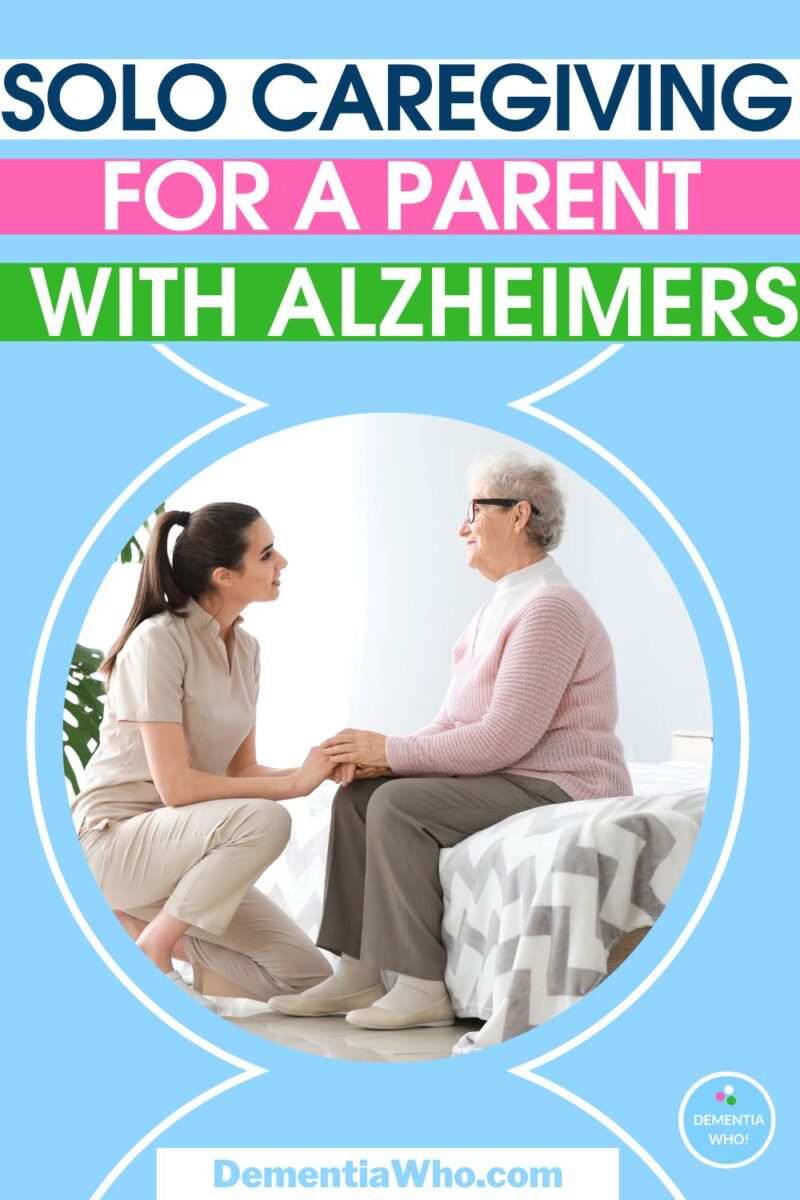

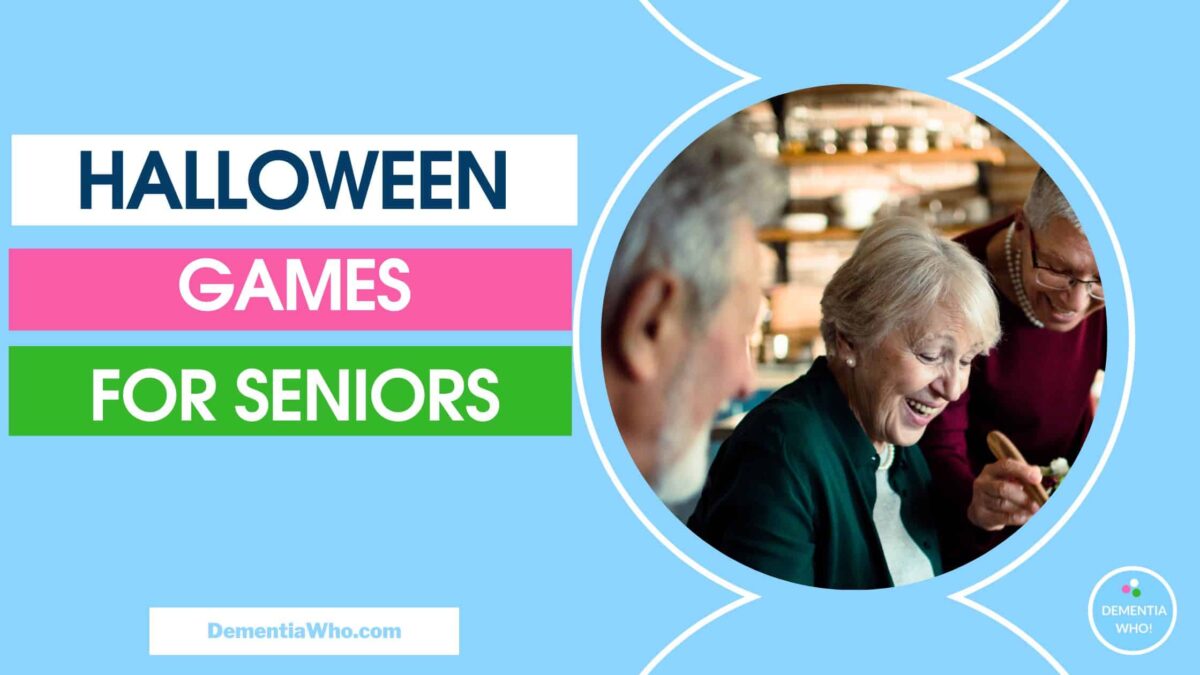
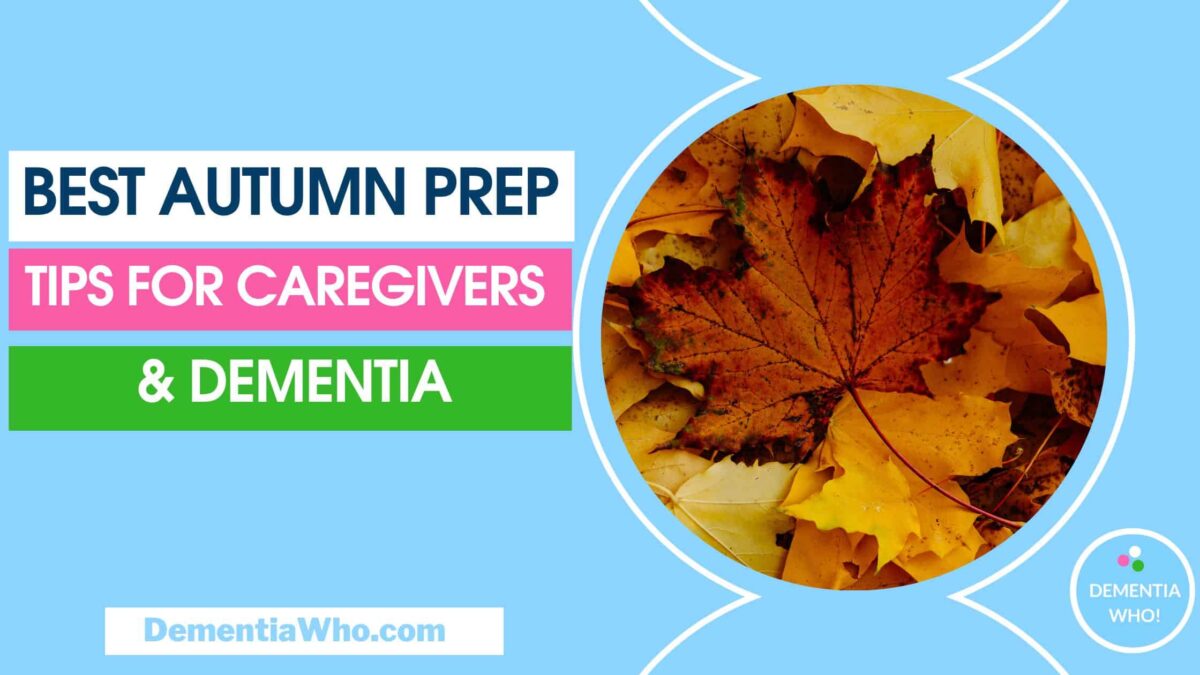
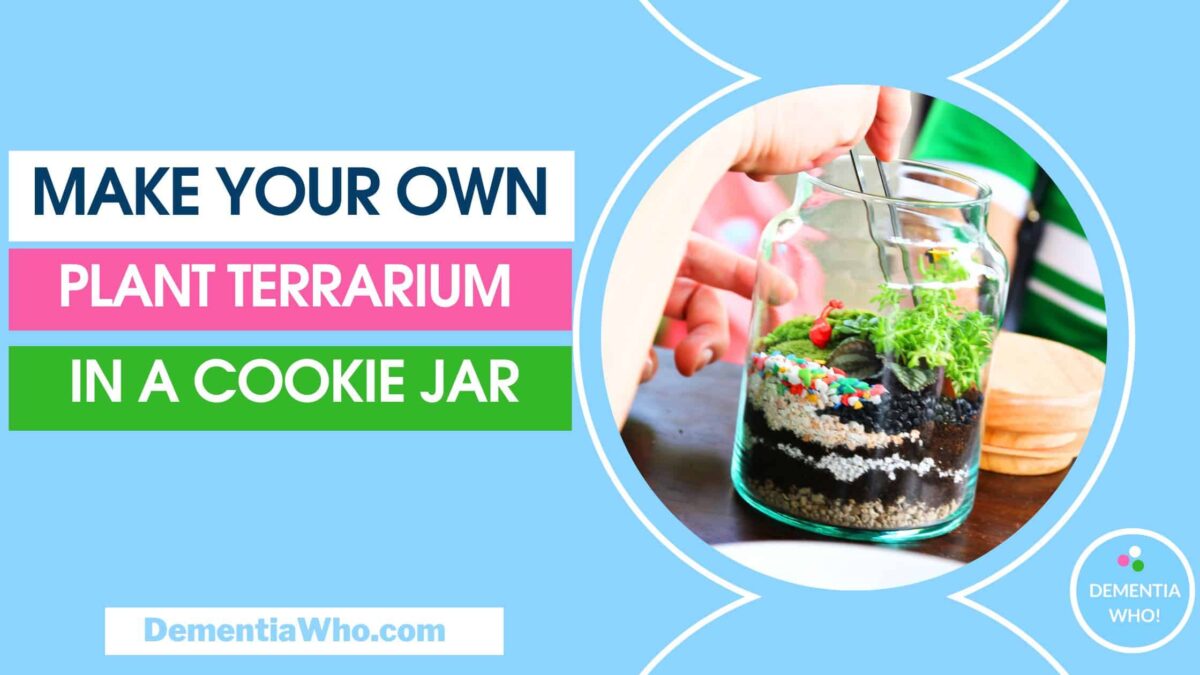

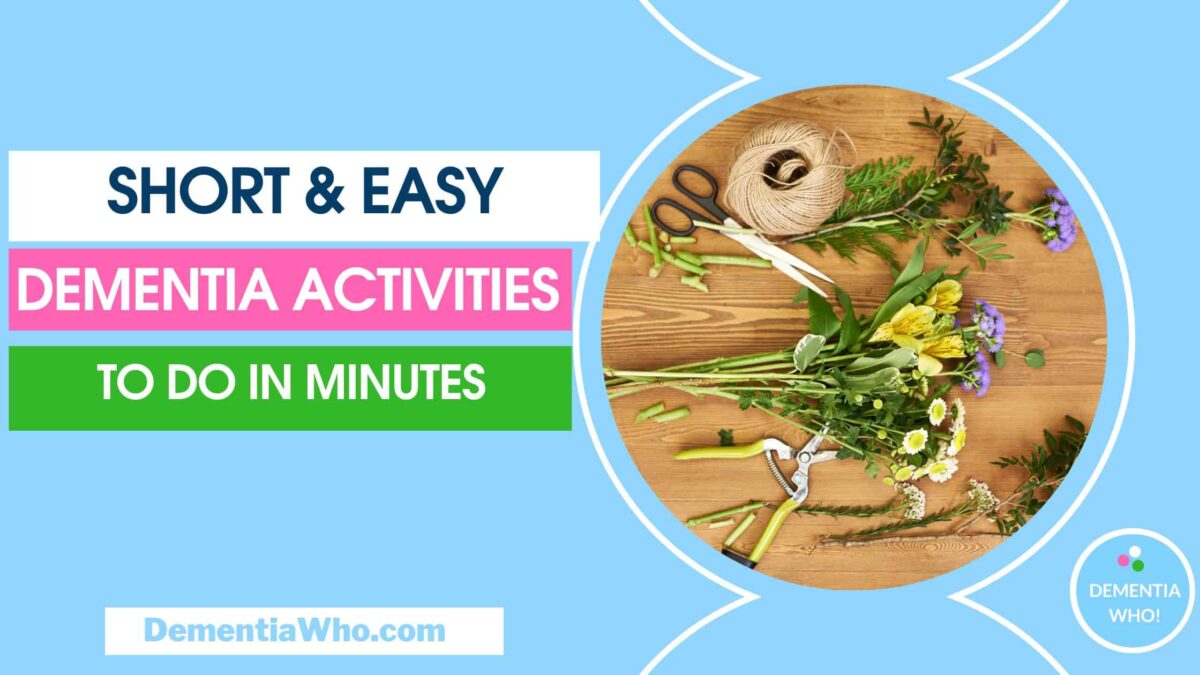
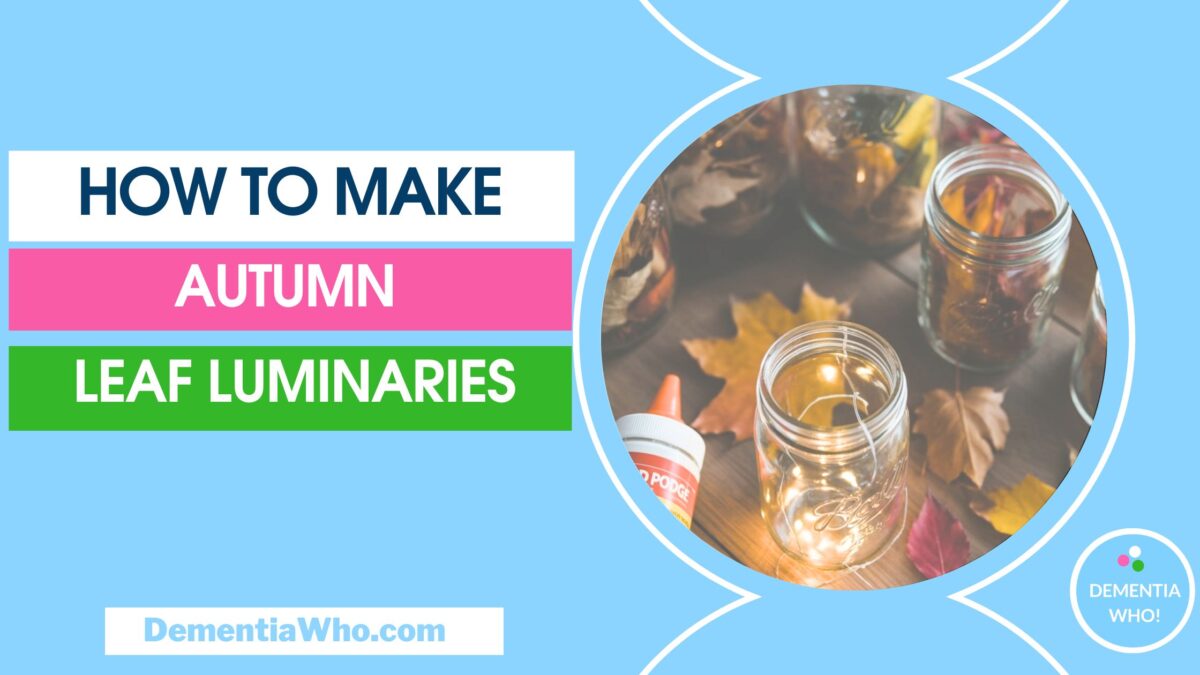
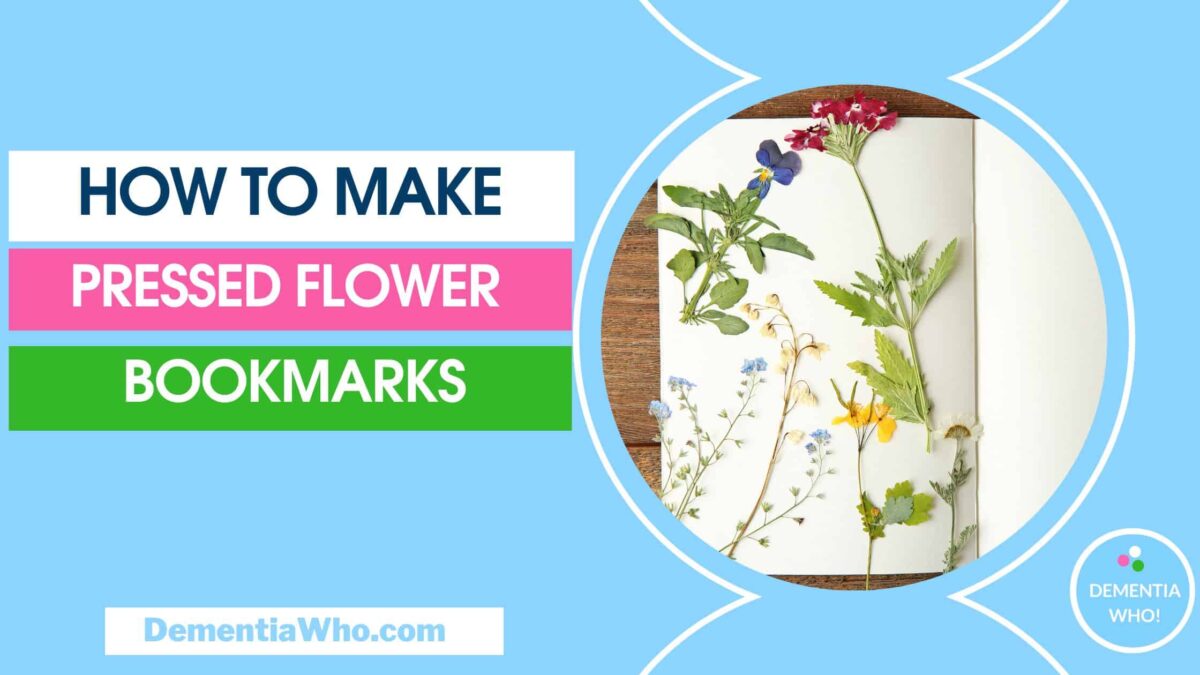
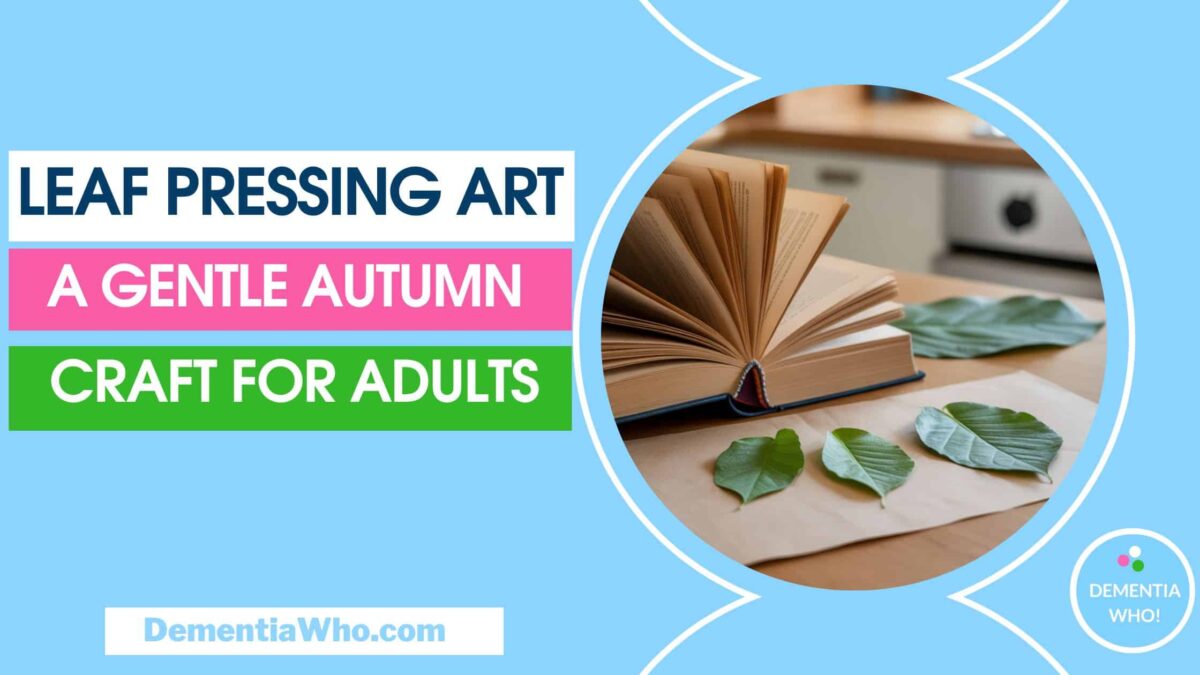
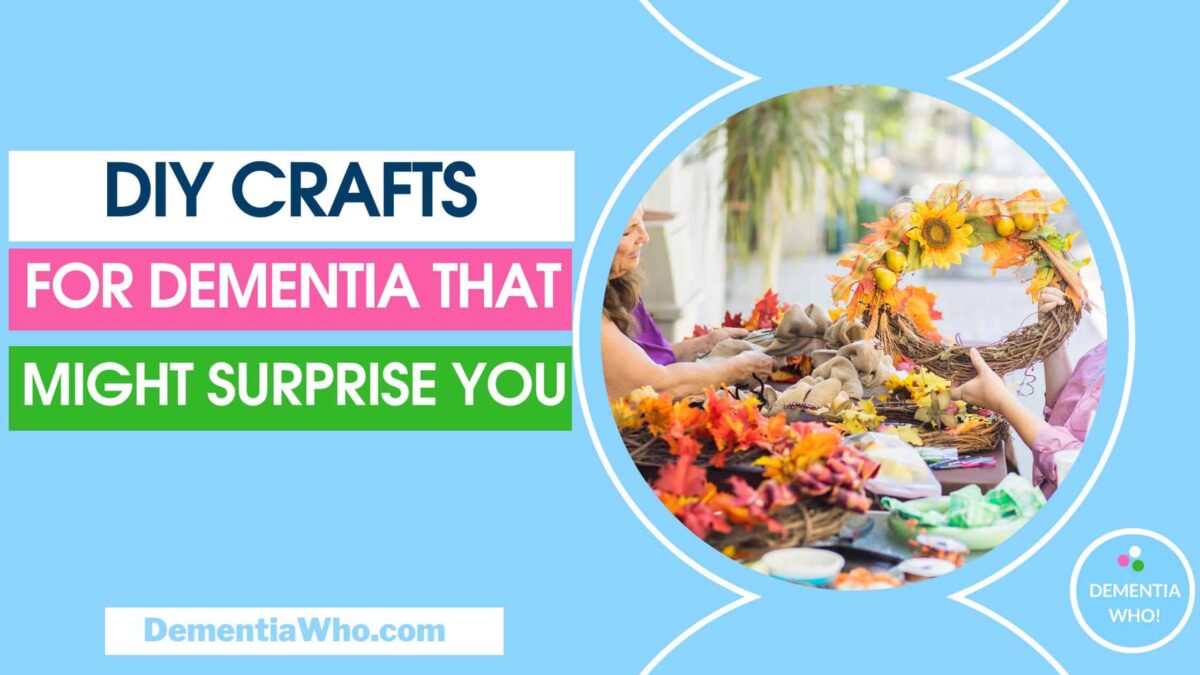
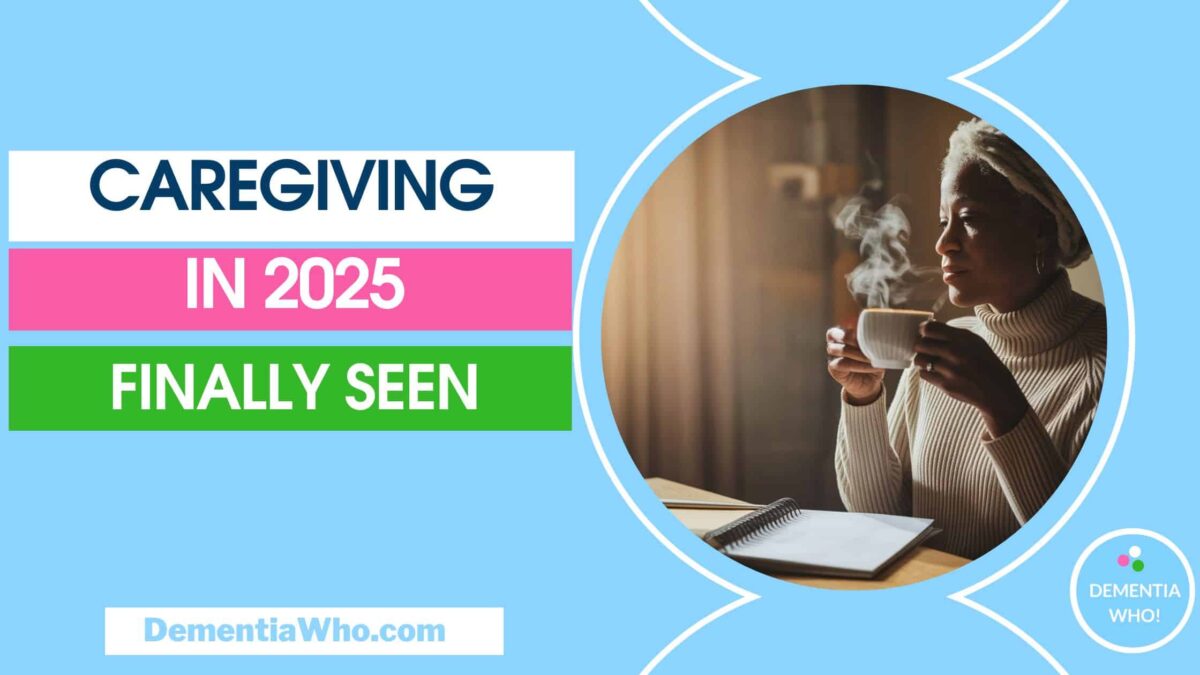
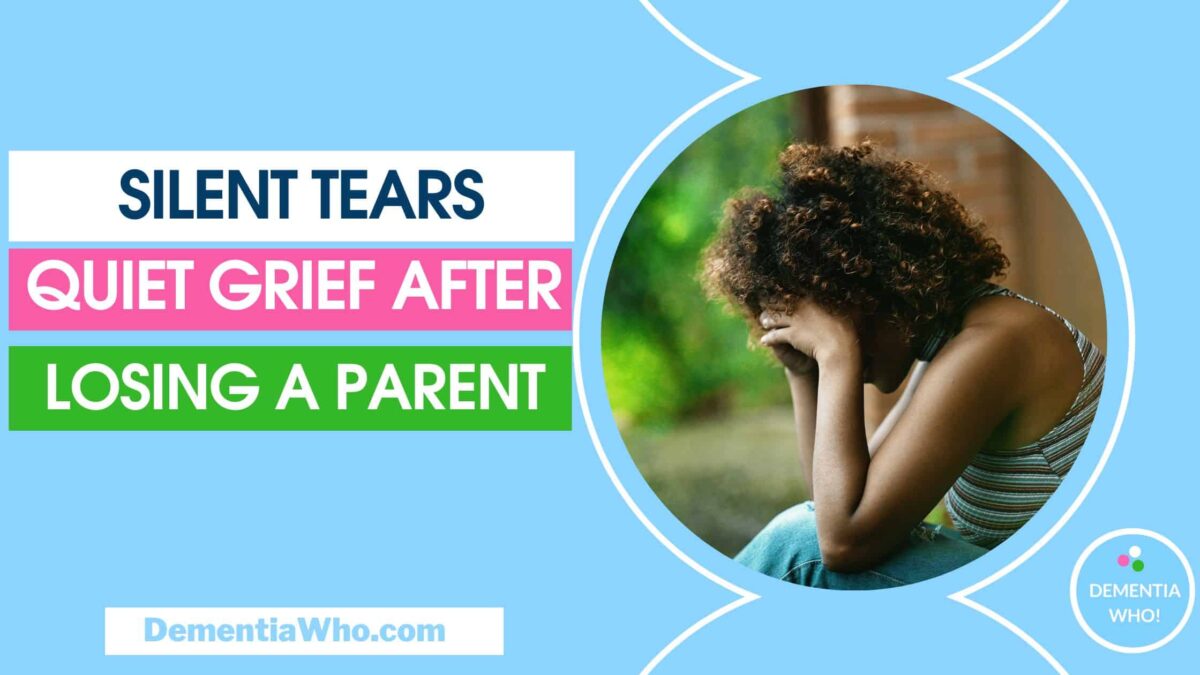
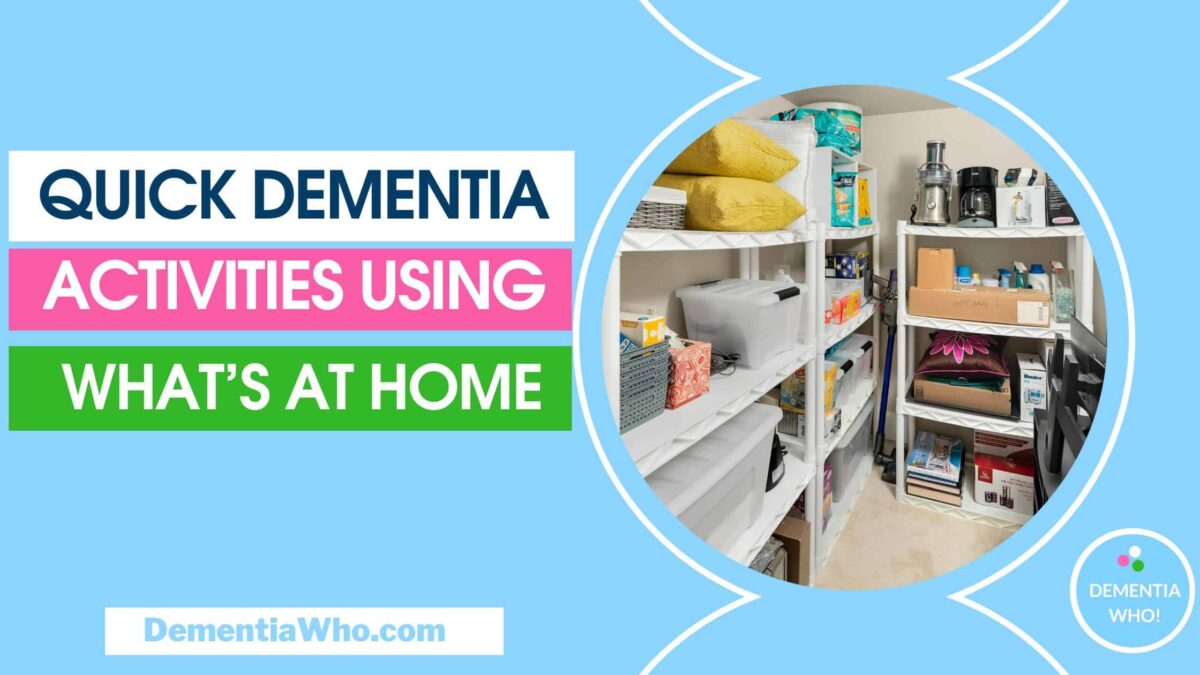
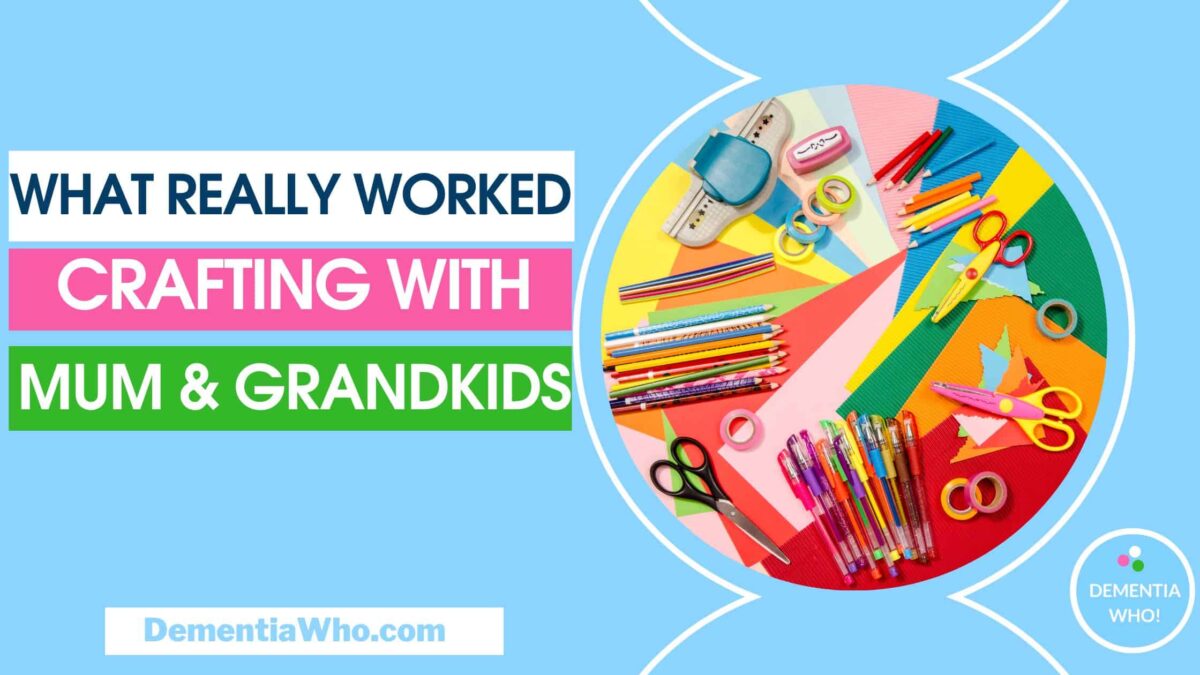
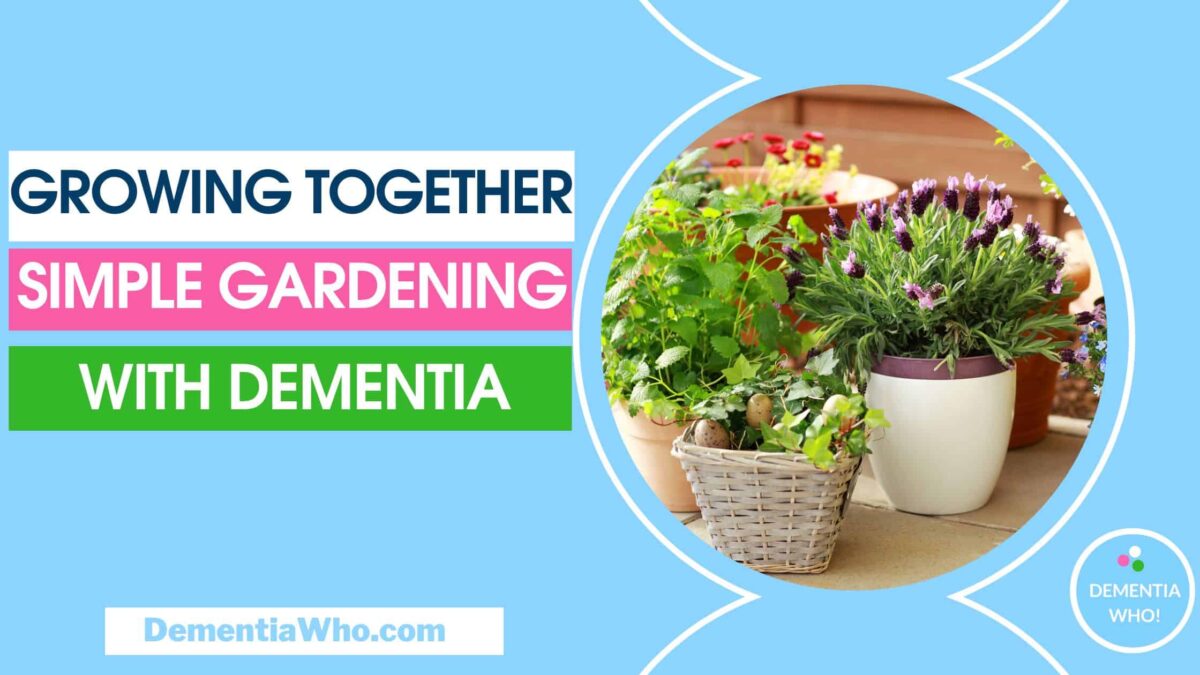
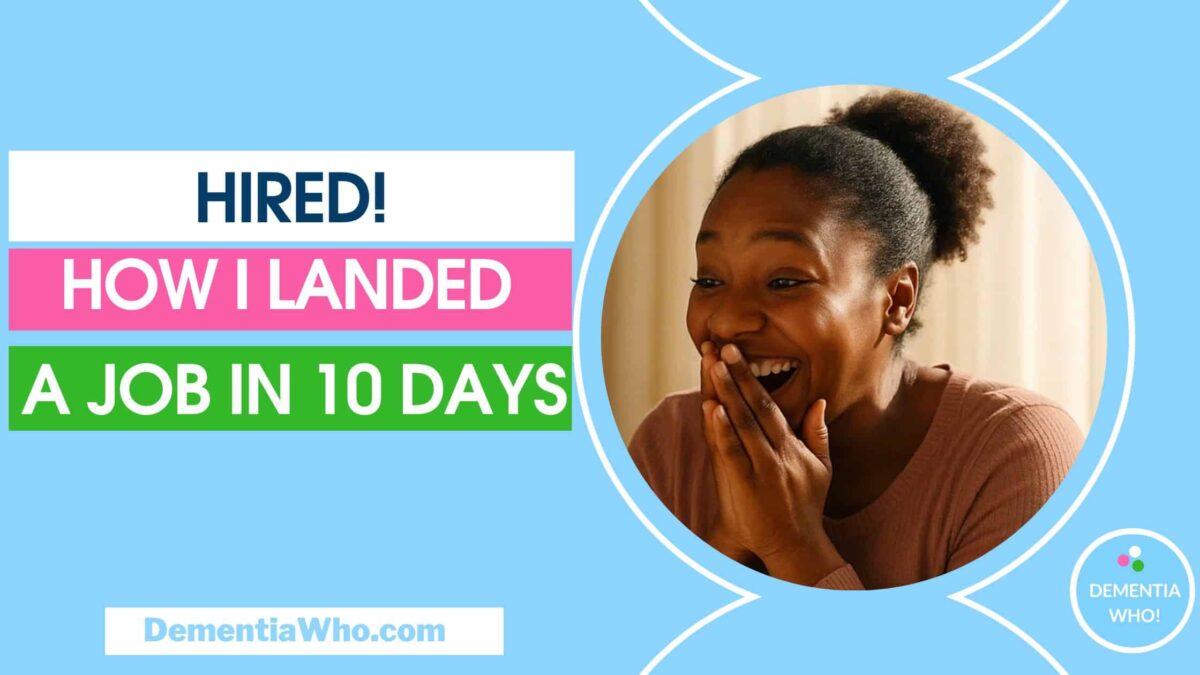
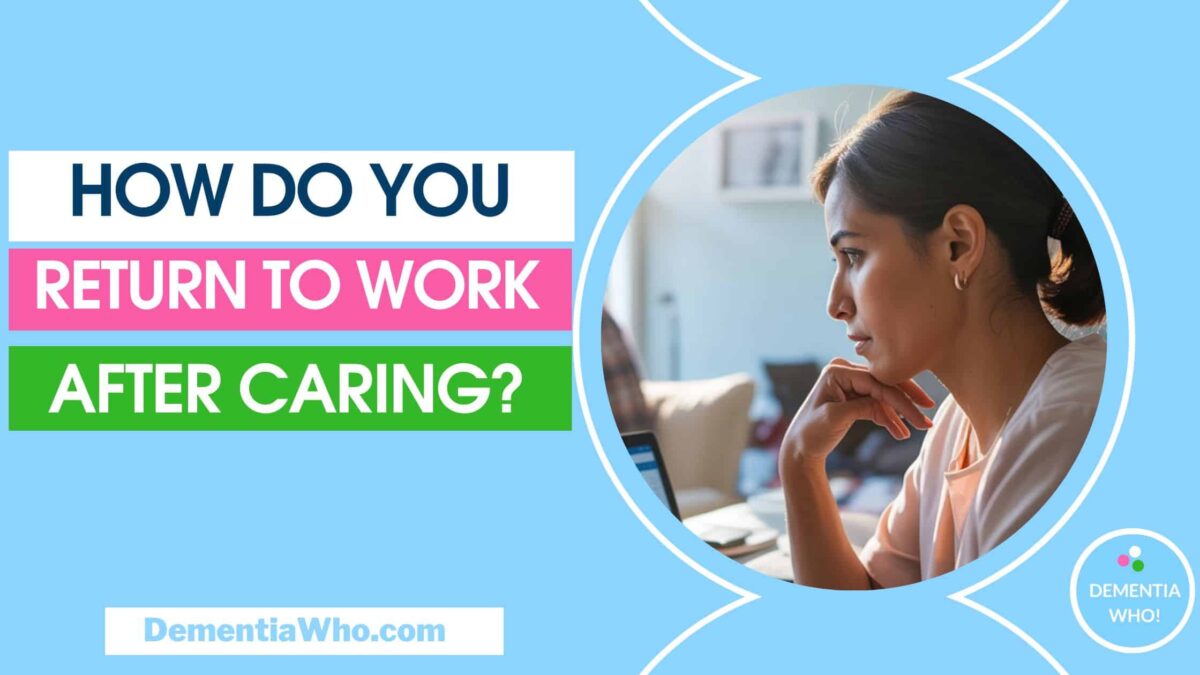


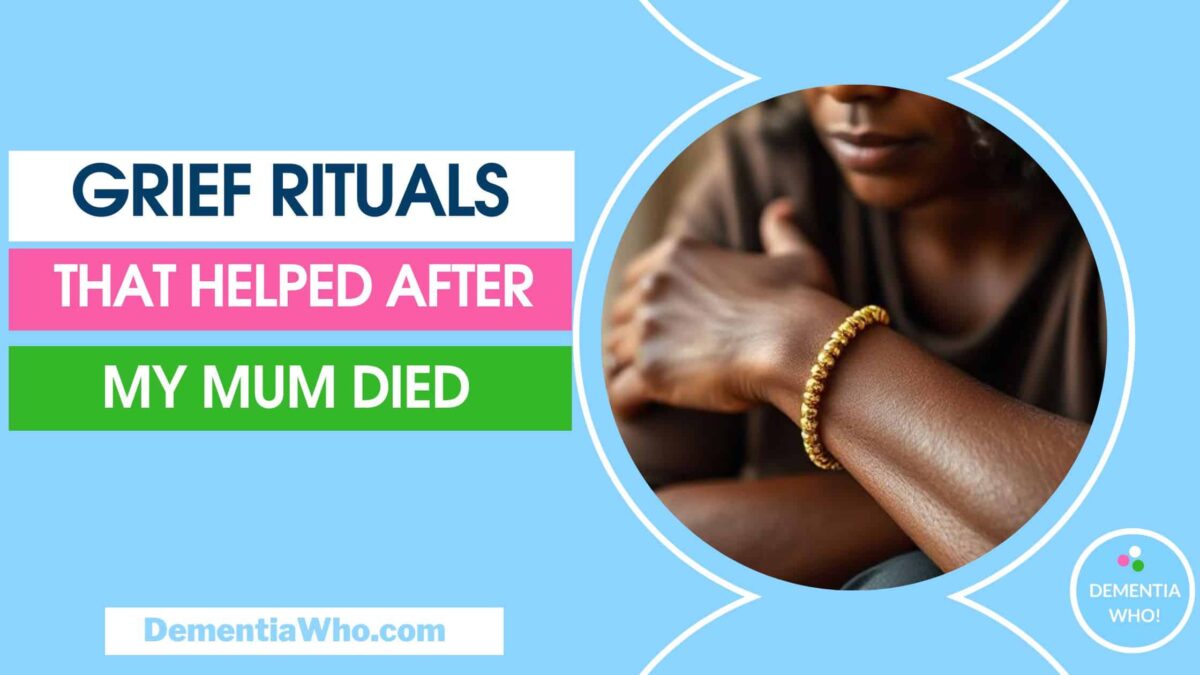


This is exactly the situation I am in. Unfortunately when the dreaded day comes and my parents are no longer with me, I know my relationship with my siblings will end, because they never stepped up to help the way they could have. In the beginning when we learnt of the dementia diagnosis, and the responsibility of caring fell on my shoulders, I actually contemplated suicide multiple times because I was so lonely and depressed. But then I found that my time with my parents, despite the challenges, was full of love and sometimes laughter. You are right, acceptance is key. I’ve also accepted my situation and now I know these lovely memories I am making with my parents will stay with me forever. These memories of caring for them with no hidden agenda and unconditional love and support will be with me forever. Its what my parents gave me when I was growing up and what made me a strong person, so now I want to do the same for them. Its times like these you realise that it doesn’t matter if you have family because sometimes strangers can help more than family. Stay strong. You are doing a wonderful thing. You are not alone and not invisible. The universe sees the good you are doing. God is watching over you and you will get through this. Try to find ways to treat yourself despite the demanding schedule-perhaps when they are asleep or watching TV, pamper youself and indulge in doing something that gives you comfort and joy. Also reach out to organisations that can help. Sometimes respite services are free or they charge very little if money is tight. Don’t lose yourself and don’t forget who you are. You matter. You are important and what you are doing is important. I wish you well and God bless you.
Thank you Sarah, reading your comment brought tears to my eyes. You are so right, we’re the lucky ones who get to make those memories and cherish out time with our loved ones. Thank you so much for your kind words of support, and I only wish the same for you, i hope you also have made time for yourself and got some respite. I truly believe we’re here for a reason, and that’s what keeps me strong. I believe the same for you. Take care and thank you again.